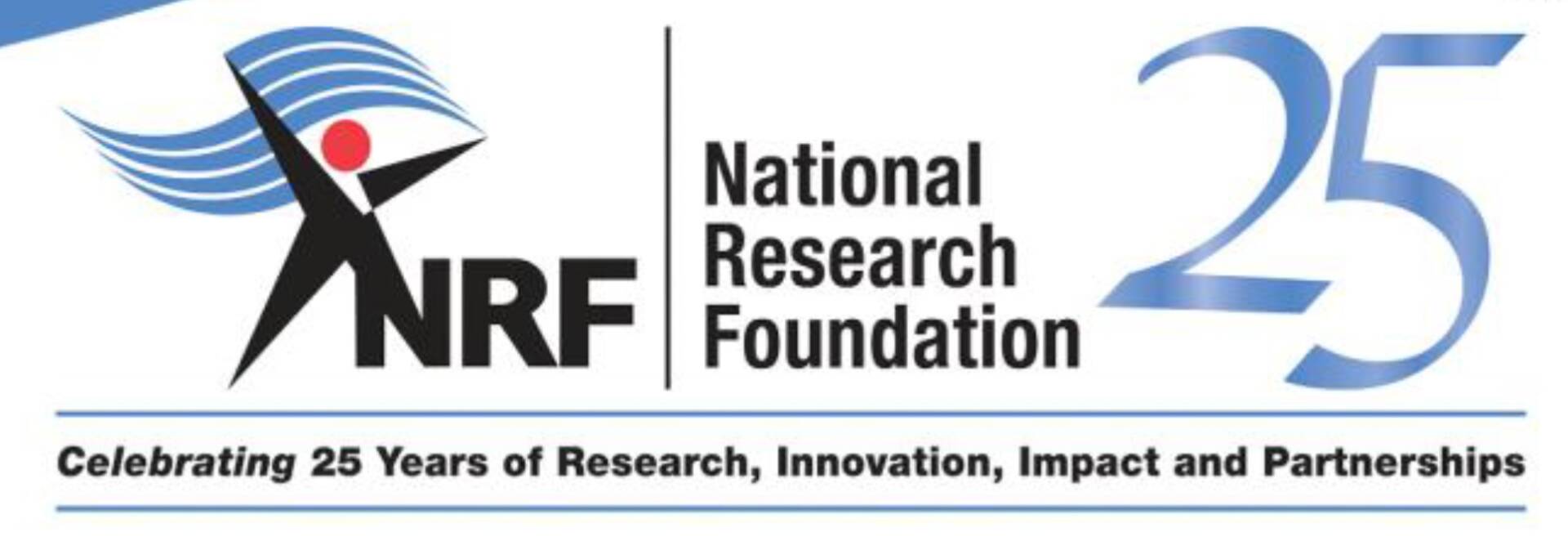NRF Societal Impact Award shortlisting
We are excited to share that SACEMA has been selected as one of three finalists for the prestigious NRF Societal Impact Award! This recognition highlights our significant contributions over the past 18 years to the understanding and control of numerous infectious diseases including HIV, tuberculosis (TB), human papillomavirus (HPV), measles, polio, trypanosomiasis and more recently, the COVID-19 response.
Transformative research with real-world impact
Our team has played a crucial role in:
- Developing the Kassanjee method for HIV incidence estimation, adopted by the US CDC.
- Leading the secretariat to UNAIDS Reference Group on Estimates, Modelling, and Projections, who provide guidance on improving estimation methods, helping to shape global HIV response strategies.
- Tracking the epidemic’s progression, providing pivotal forecasts and informing public health strategies, during the COVID-19 pandemic. As part of the South African COVID-19 Modelling Consortium (SACMC), researchers developed models and dashboards that guided the Government of South Africa’s strategic planning. The early characterisation of the Omicron variant provided critical insights into its transmission dynamics and reinfection risk.
- Leading impactful research on HPV prevention and contributing to South Africa’s Cervical Cancer Elimination Strategy.
- Collaborating on groundbreaking TB studies and supporting national TB control policies.
Prof. Frank Tanser, Director of SACEMA, reflects on this recognition: “It is a massive honour for SACEMA to be shortlisted for this prestigious reward. It demonstrates the high regard in which SACEMA is held and is a testament to the excellent science and substantial societal contribution that SACEMA has made over the last 18 years’”.
“SACEMA will build on this recognition and going forward we will continue to make substantial impacts to the field and to society working with the team at the Centre for Epidemic Response and Innovation (CERI)” adds Tanser, who is also the Director of Population Health Innovation in CERI in the School for Data Science and Computational Thinking at SU.
We are grateful to our partners and collaborators and together, we will continue to strive for greater public health research advancements with real-world benefit, both locally and globally.


